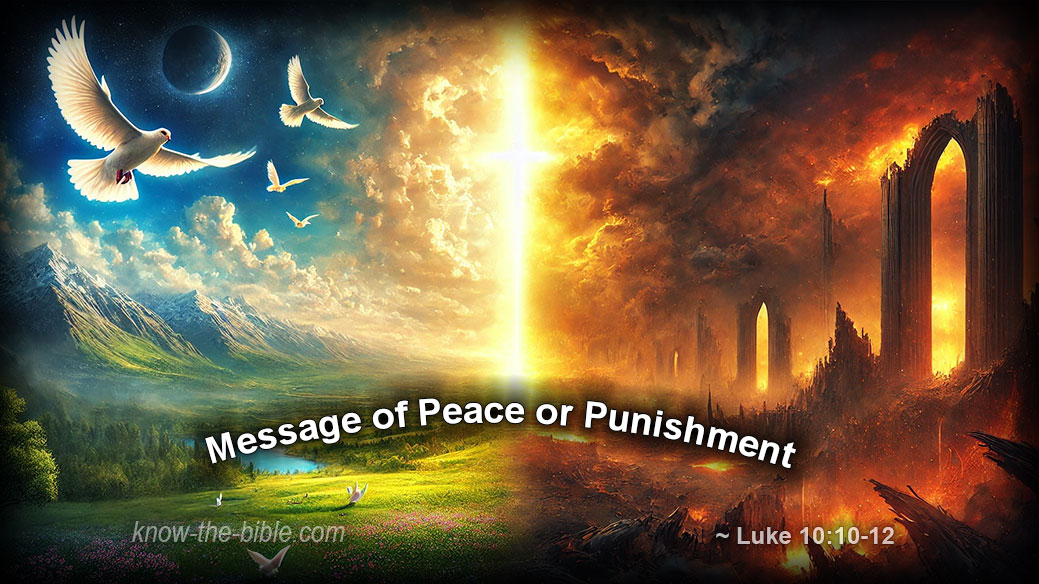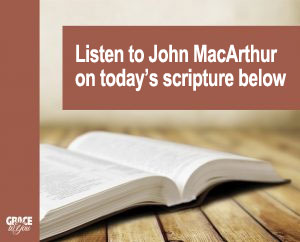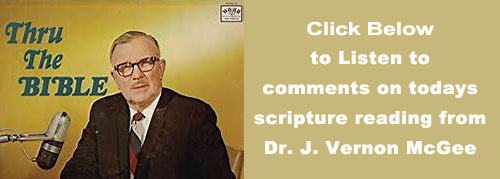Dust and Doom: The Consequence of Unbelief
But whenever you enter a town and they do not receive you, go into its streets and say, ‘Even the dust of your town that clings to our feet we wipe off against you. Nevertheless know this, that the kingdom of God has come near.’ I tell you, it will be more bearable on that day for Sodom than for that town. ~ Luke 10:10-12 ESV
The message of the kingdom that Jesus proclaimed—and commanded His followers to proclaim—is not merely an invitation but a divine summons. In Luke 10:10–12, we see that the gospel of the kingdom carries with it the weight of heaven’s authority. When Jesus told His disciples to shake the dust off their feet as a testimony against unwelcoming towns, He was making clear that the message they carried was not just their own—it was God’s. The act of shaking off the dust signified a separation, a declaration that those who rejected the message were now accountable before God for their decision.
This highlights a vital reality: the gospel of the kingdom is either a message of peace or of punishment. For those who receive it with humility and faith, it brings the peace of reconciliation with God, the healing of sin, and the promise of eternal life. The kingdom draws near to save, to restore, to deliver. But for those who reject it, the same nearness of the kingdom becomes a warning—a sign that God has come close, and they have turned Him away.
Jesus emphasized that the judgment awaiting such rejection would be more bearable for Sodom than for the towns that refused His messengers. This is striking, considering Sodom’s well-known sinfulness. Yet Jesus makes it clear: rejecting the light of the gospel after it has been clearly presented is a far graver offense. Sodom sinned in darkness; these cities rejected the light.
Therefore, the gospel of the kingdom is never casual or optional. It demands a response because it is rooted in the kingship of Christ. To embrace the kingdom is to submit to the King. To reject it is to stand opposed to Him. The message comes not only with the offer of grace, but with the authority of judgment. As such, every encounter with the gospel is a divine moment of decision—a crossroads where peace or punishment lies ahead, depending on how one responds to the King who has drawn near.
Read / Listen
Deuteronomy 21:1-22:30
Luke 9:51-10:12
Psalm 74:1-23
Proverbs 12:11
New Testament
Luke 9:51-10:12
Summary
A Samaritan Village Rejects Jesus
The Cost of Following Jesus
Jesus Sends Out the Seventy-Two

Jesus Sends Out the Seventy-Two
What did Jesus mean when He said “Let the dead bury the dead” (Luke 9:60)? – Click Here
Why did Jesus set His face to go to Jerusalem (Luke 9:51)? – Click Here
Overview: Luke 10-24 Video
Views: 12



